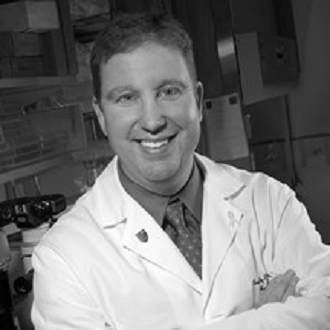 GEODE Registry – Adults with NSCLC
GEODE Registry – Adults with NSCLC
STUDY BASICS
Do you have advanced non-small cell lung cancer? Has your health care provider ordered a blood test called Guardant360? If so, you may be eligible for a research study to help better understand patients’ cancer treatments and health outcomes after having the test. Participation lasts between 3 months and 2 years.
STUDY PURPOSE
Non-small cell lung cancer (NSCLC) is the most common type of lung cancer. There are many therapies available to help people with NSCLC, but advanced cancer that has spread outside the lungs can be difficult to treat. To help find out which treatments may be most effective against your cancer, doctors sometimes recommend a blood test called Guardant360. Guardant360 looks for changes in the DNA of cancer cells that may make the cancer more responsive to certain medications. Many cancer patients have had this test performed, but researchers do not fully understand how the test is affecting patients’ treatments and outcomes. The purpose of the GEODE Registry is to collect information about people who have had the Guardant360 blood test performed and learn more about their cancer treatments and health outcomes. Researchers hope their findings will lead to better ways to diagnose and treat people with NSCLC in the future.COULD THIS STUDY BE RIGHT FOR YOU?
- Ages 18 and up
- Diagnosed with advanced non-small cell lung cancer
- Scheduled to have a Guardant 360 blood test
WHAT PARTICIPANTS CAN EXPECT
This study involves signing consent to allow the GEODE registry to collect information from your medical record about your cancer diagnosis and care.IRB: 20172566
- GEODE: Registry of Guardant360® Use and Outcomes in People With Advanced Cancer Including: Module 1: Non-Small Cell Lung Cancer (NSCLC)MEET THE RESEARCHER

Timothy Burns
Timothy F. Burns, MD, PhD, is an Assistant Professor of Medicine in the Division of Hematology/Oncology in the Department of Medicine at the University of Pittsburgh. A graduate of Cornell University and the University of Pennsylvania, Dr. Burns’ research interests include developing targeted therapies for KRAS-mutant non-small cell lung cancer, mechanisms of acquired resistance to targeted agents, and the reactivation of OIS and apoptosis.
 https://pittplusme.org/study/1292
https://pittplusme.org/study/1292